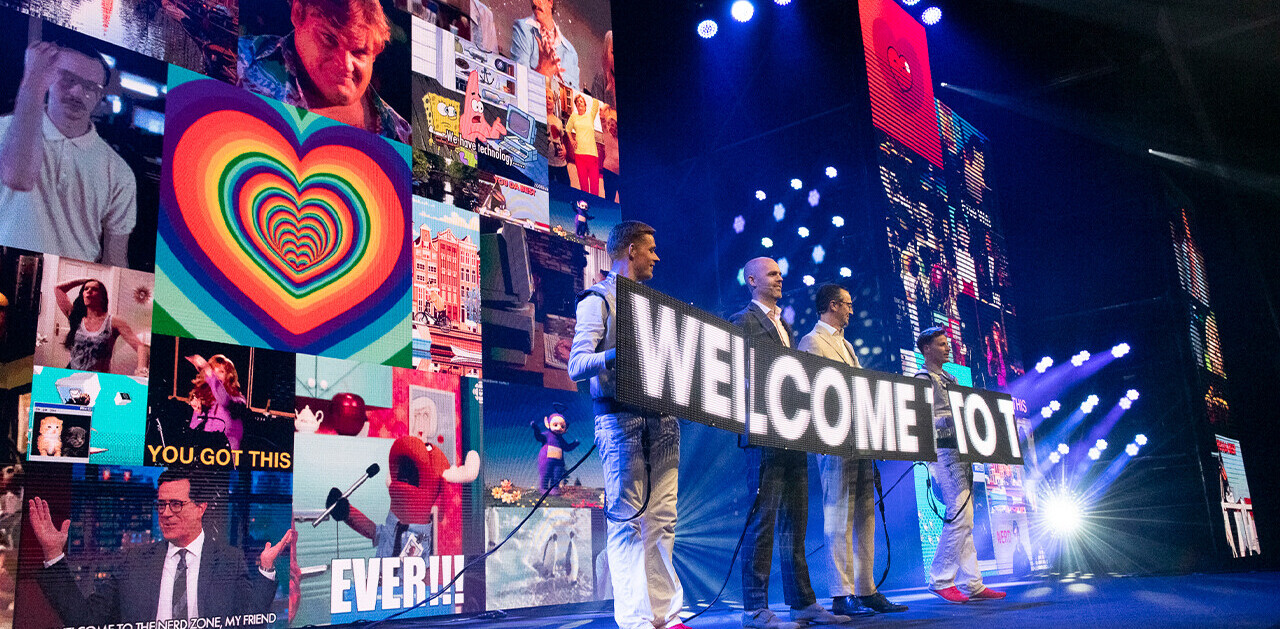
Millennials are notoriously discerning when it comes to evaluating emerging apps and technologies. Customer Relationship Management (CRM) of major industries from airlines to hotels are increasingly emphasizing how to reach the millennial generation better as it expands its presence in the global workforce and consumer markets.
A primary target of improving CRM for millennials is enhancing user interfaces for a generation that has grown up with the Internet. Intuitive interfaces for popular apps today are a significant contributor to their success and, despite this, it’s still reasonably stunning how outdated some systems and everyday processes remain.
According to a study by Conversocial, 63 percent of customers cited a good digital care experience as important to brand loyalty. Millennials, in particular, place a specific emphasis on excellent customer service and relationships with the companies and apps that they regularly use. This trend is demonstrated with the rise of personalized content marketing that attempts to build relationships with customers, understand their habits, and tailor products and services towards them through data analysis.
As marketing and customer service trend towards improving CRM, it has become clear that the model is targeting millennials despite their often high standards for user experience. Millennials grew up in an age of digitization, apps, and high-speed work-life. Balancing their demands for technology with a targeted CRM approach requires appealing to their productivity, convenience, and time-saving necessities.
Applications — particularly in the travel industry — focus on removing much of the complexities associated with booking hotels, flights, and other logistical issues. For instance, Airbnb went from an obscure concept to a company valued at an estimated $31 billion largely due to its convenience and user-friendly interface.
Other industries like social media have garnered exceptional adoption by targeting millennials with easy-to-use interfaces like Tinder and Bumble. Instagram dominates social media with over 1 billion active monthly users, and the platform even has evolved into a powerful customer service and marketing tool itself.
The emphasis on improving CRM also correlates well with brand management and outreach. CRM is one of the core components of brand building, and the proliferation of company marketing on social media platforms is an acute representation of that. Recent Instagram research reveals that 70 percent of Instagram users have reported looking up a brand on the platform first. The evidence that CRM and marketing have transitioned to platforms primarily dominated by millennials has become undeniable.
While these applications have achieved commercial success among millennials and other generations, evaluating other systems and industries reveals some lackluster customer service. Some cases — such as phone customer service lines — are so outdated and inefficient that its strange that they have barely evolved at all, especially considering the level of frustration and wasted time surrounding them.
The call center industry worldwide is estimated to be worth $300 billion, but it is surprisingly still based on a phone-dominated model that is inefficient for both users and businesses. Fortunately there’s a lot of innovation happening in this space, with companies and startups reinventing the how customers interact with call centers, e.g. by integrating better UI in the process.
As CRM and services geared towards millennials continue to grow and evolve, other outdated models are sure to be disrupted. Integrated applications and services based on advanced data analytics are expected to dominate the future of targeted CRM. However, the implications of such personalized data aggregation have also become a growing concern. Facebook’s data privacy scandal is a high-profile example of the consequences of increasingly personal marketing aimed at social media users.
Balancing the positive and negative consequences of catering to a generation of millennials brings unique challenges and innovative solutions. Improved CRM and user experiences will assuredly evolve towards more convenience and better customer services, but evaluating the cost of doing so needs to remain relevant. For now, many companies redefining poor customer experiences with a simple and intuitive approach that doesn’t compromise user data. Hopefully, similar solutions can emerge to elevate customer service experiences across other industries to another level.
Get the TNW newsletter
Get the most important tech news in your inbox each week.





